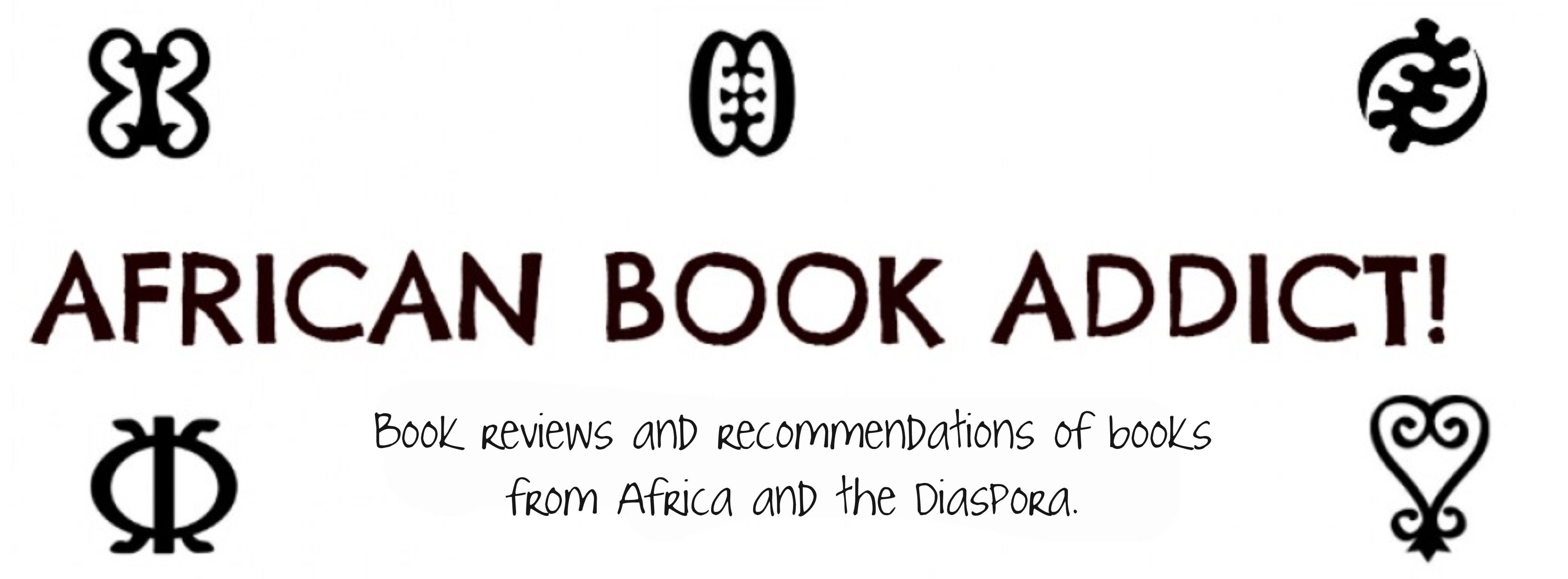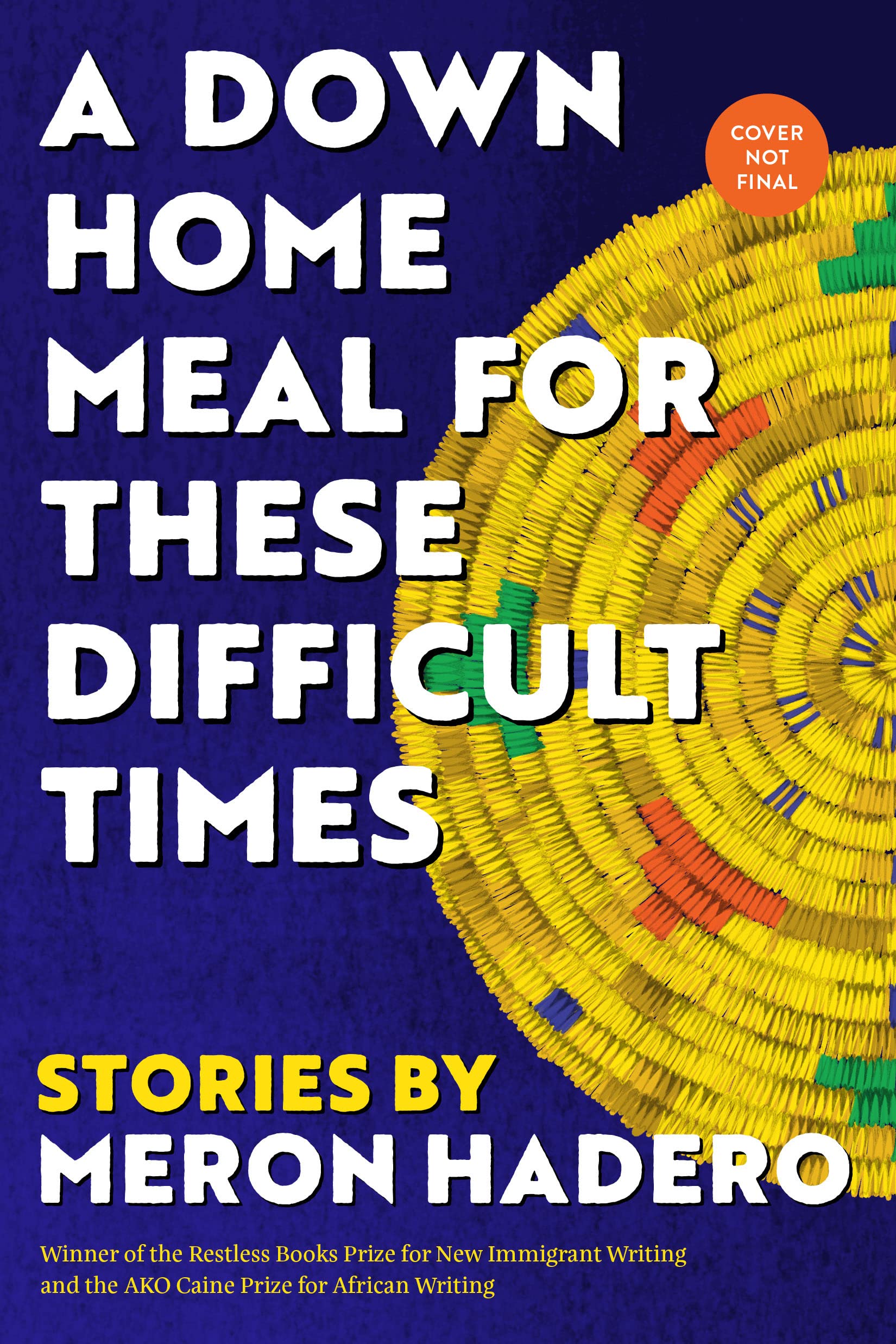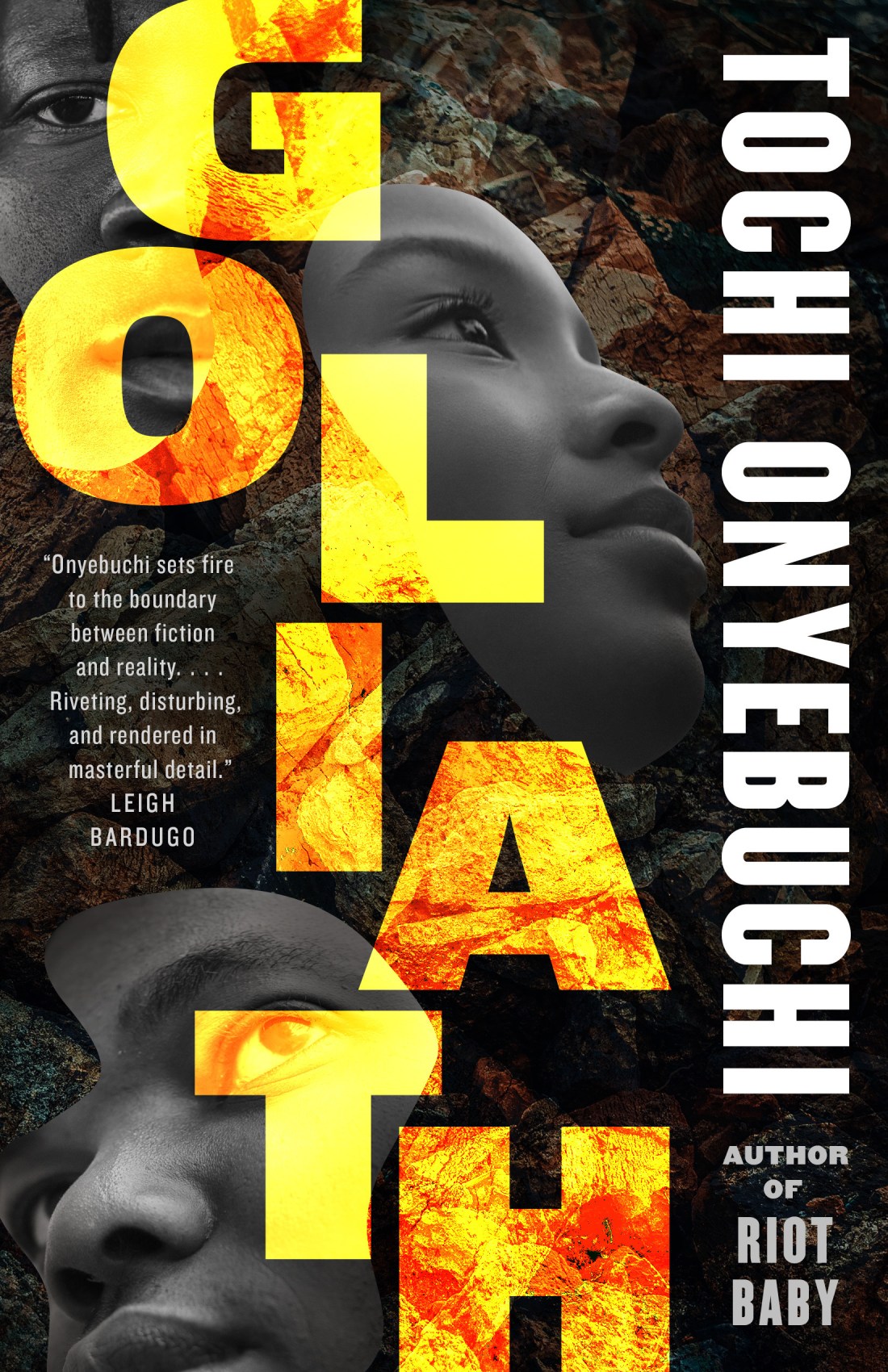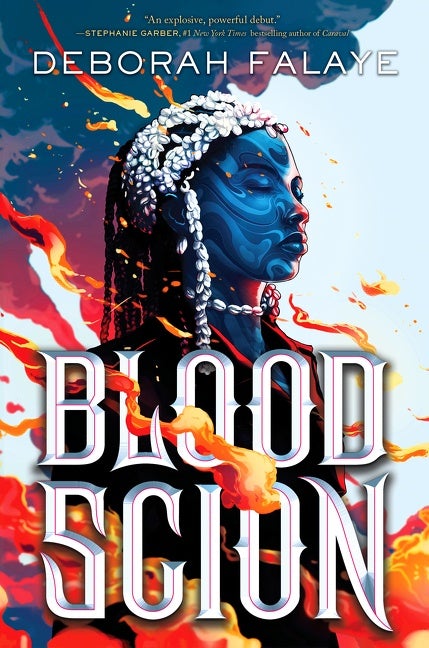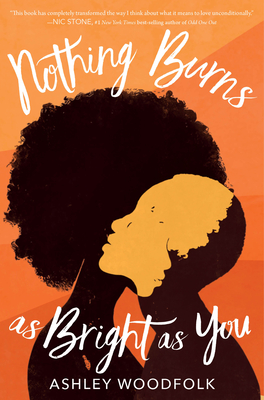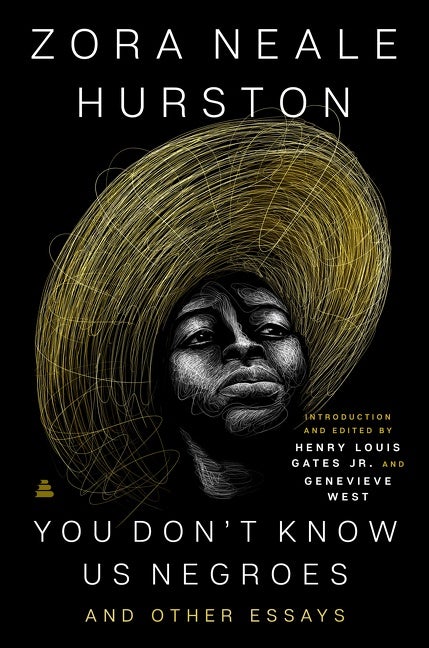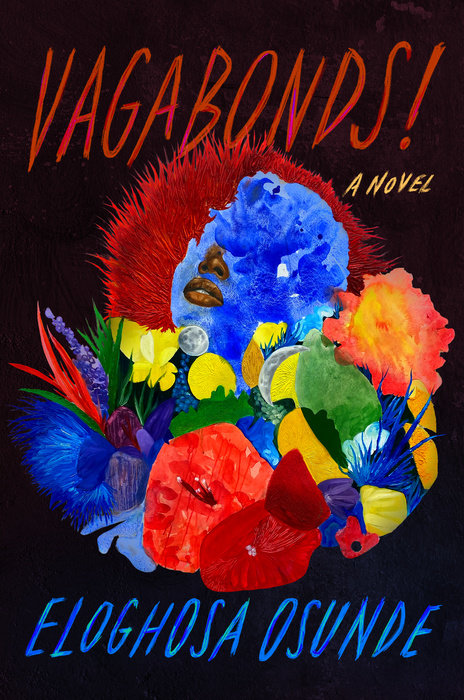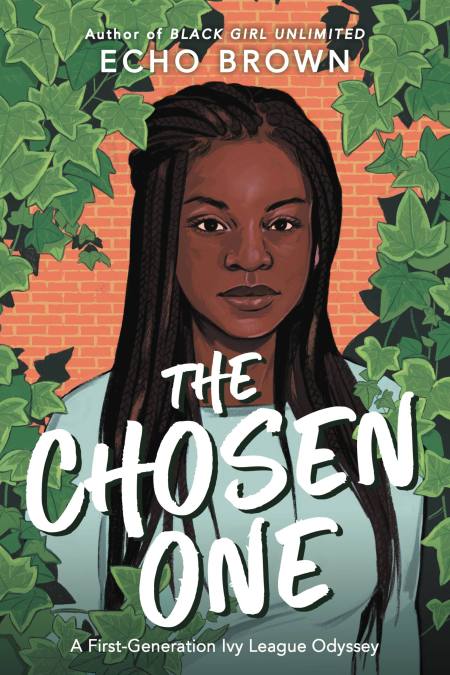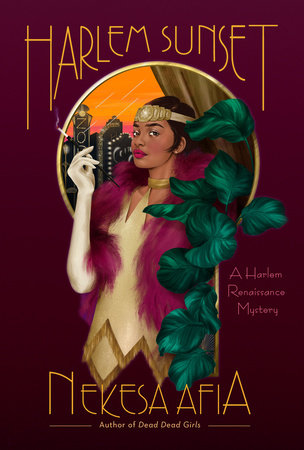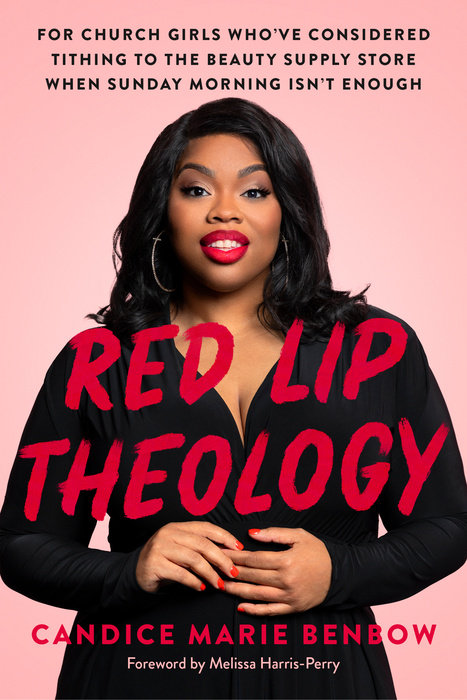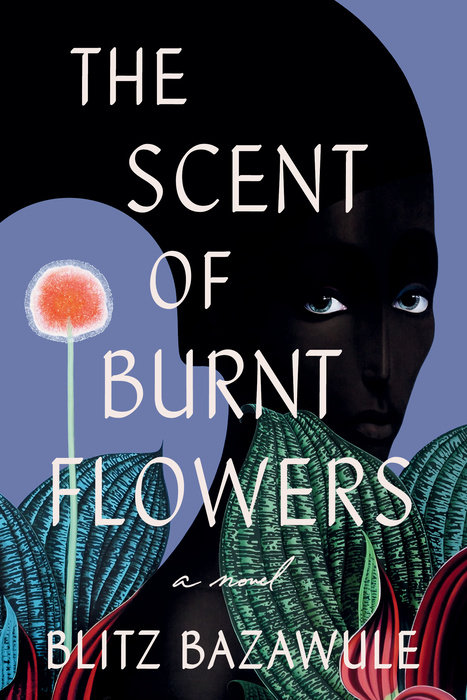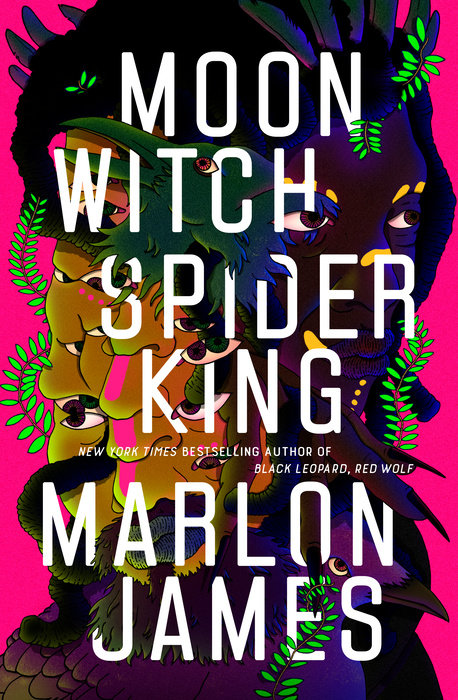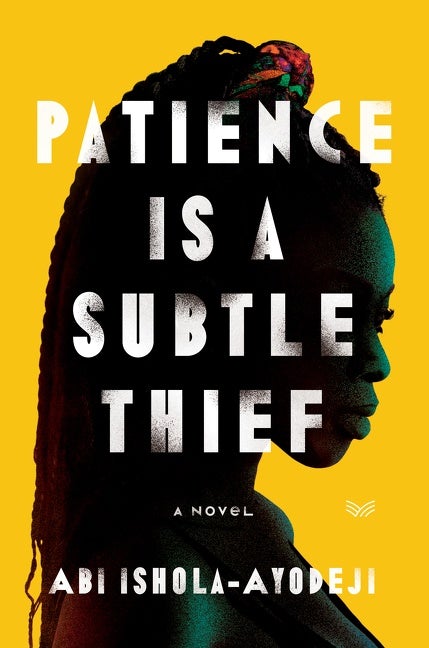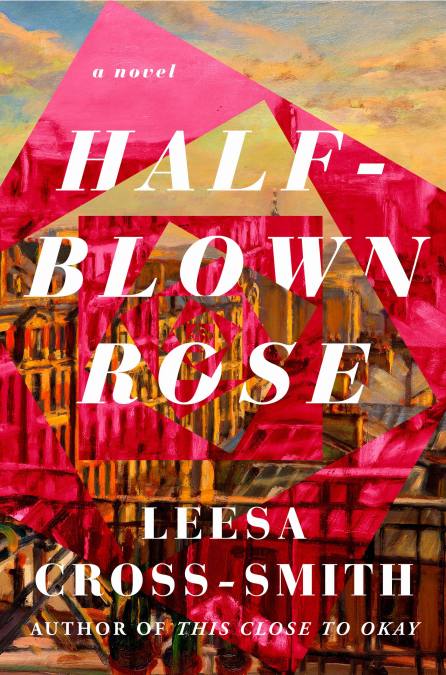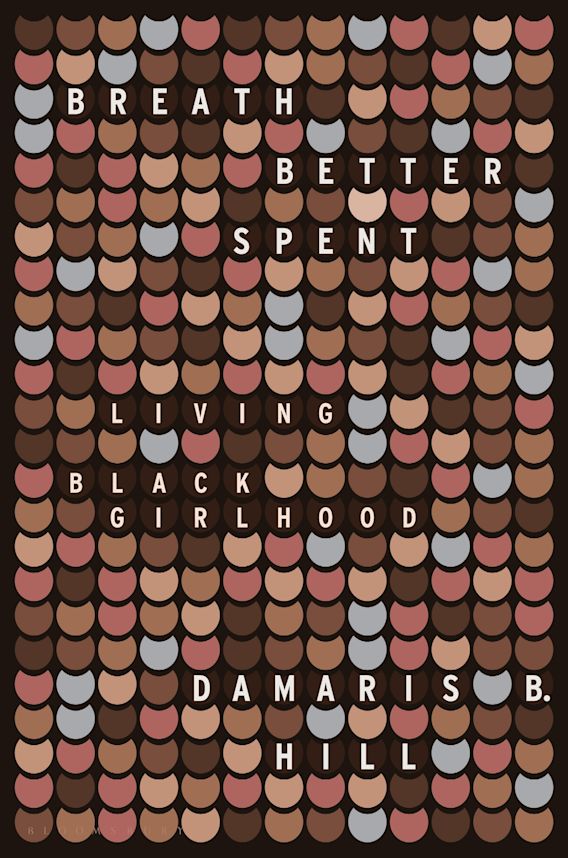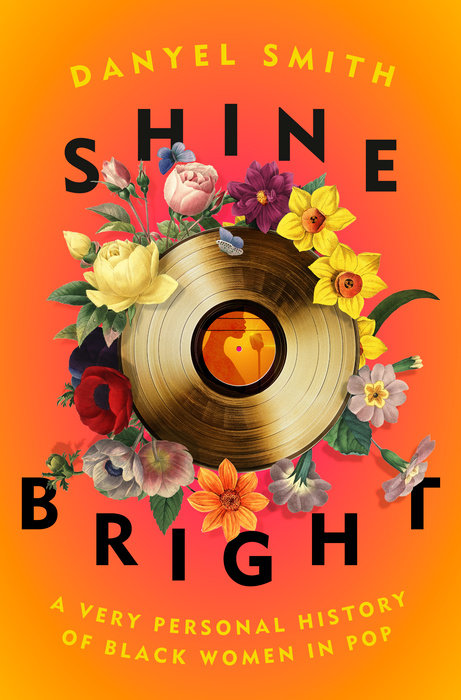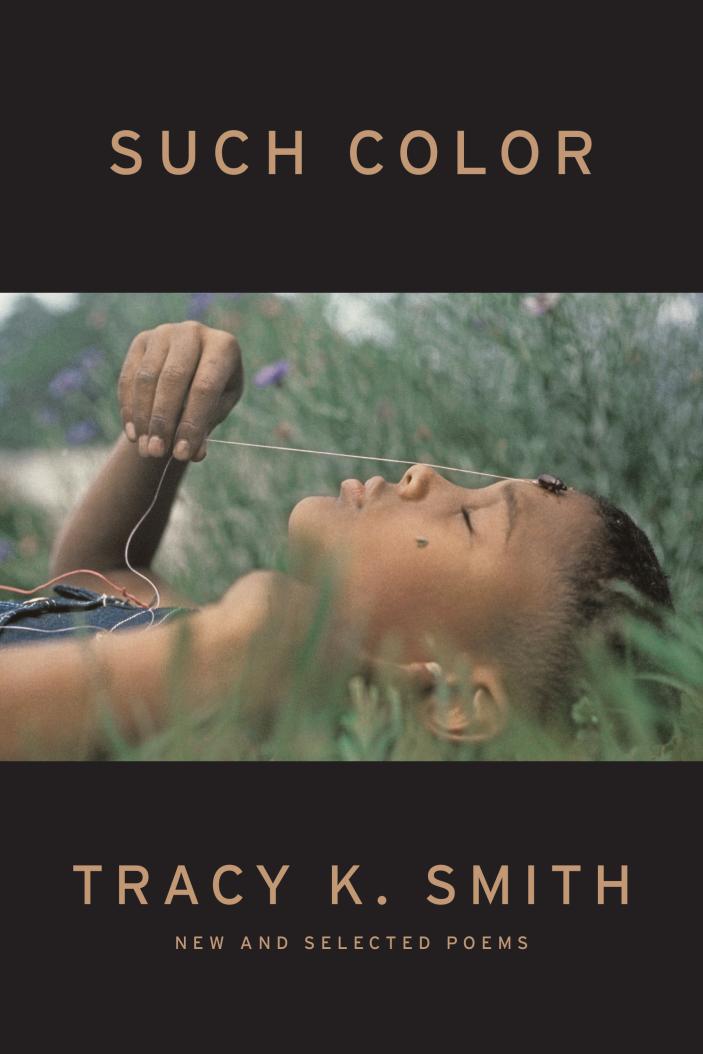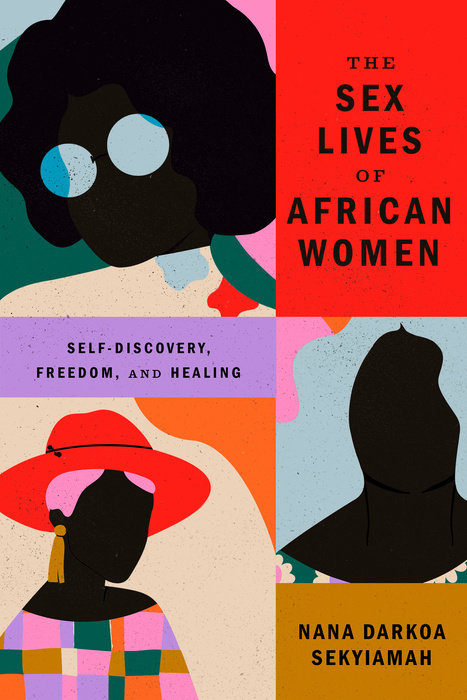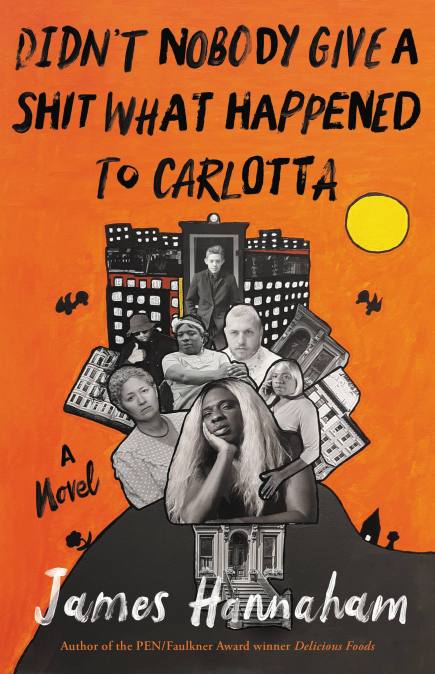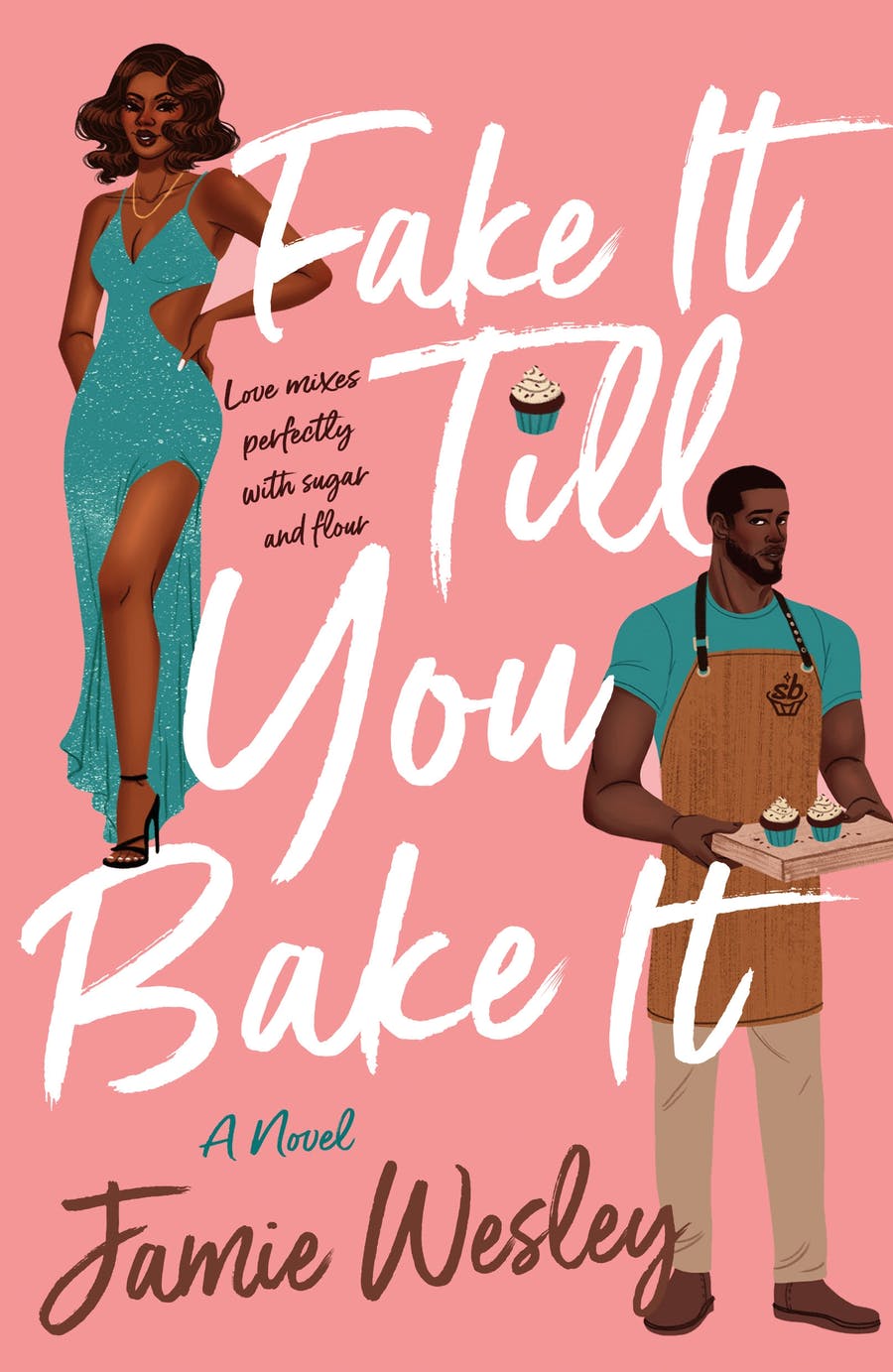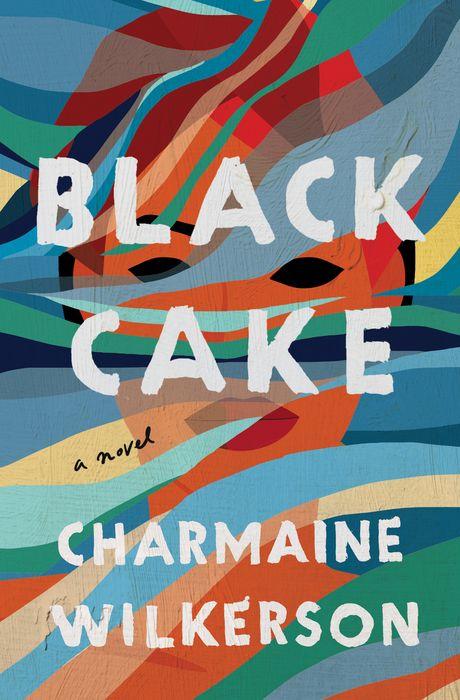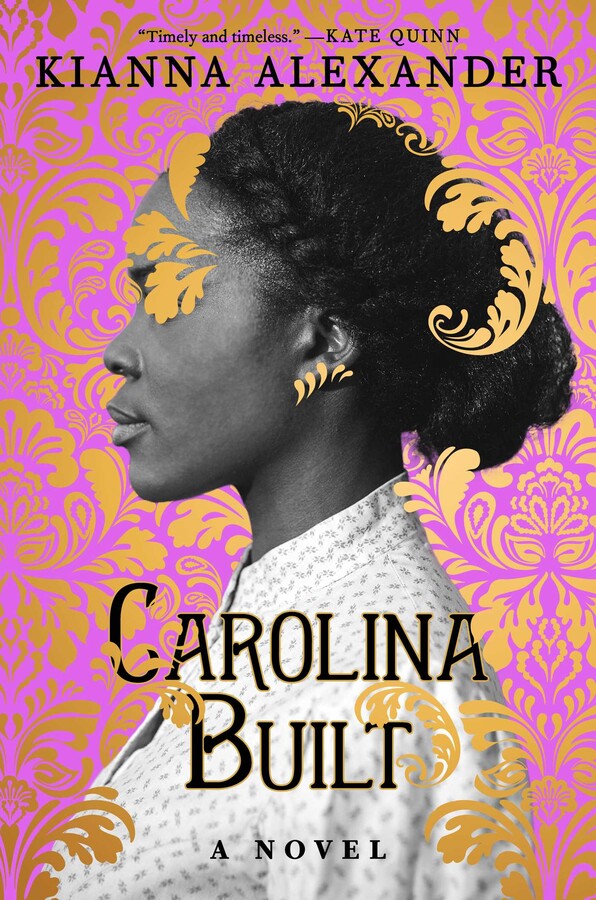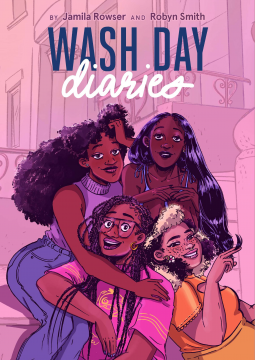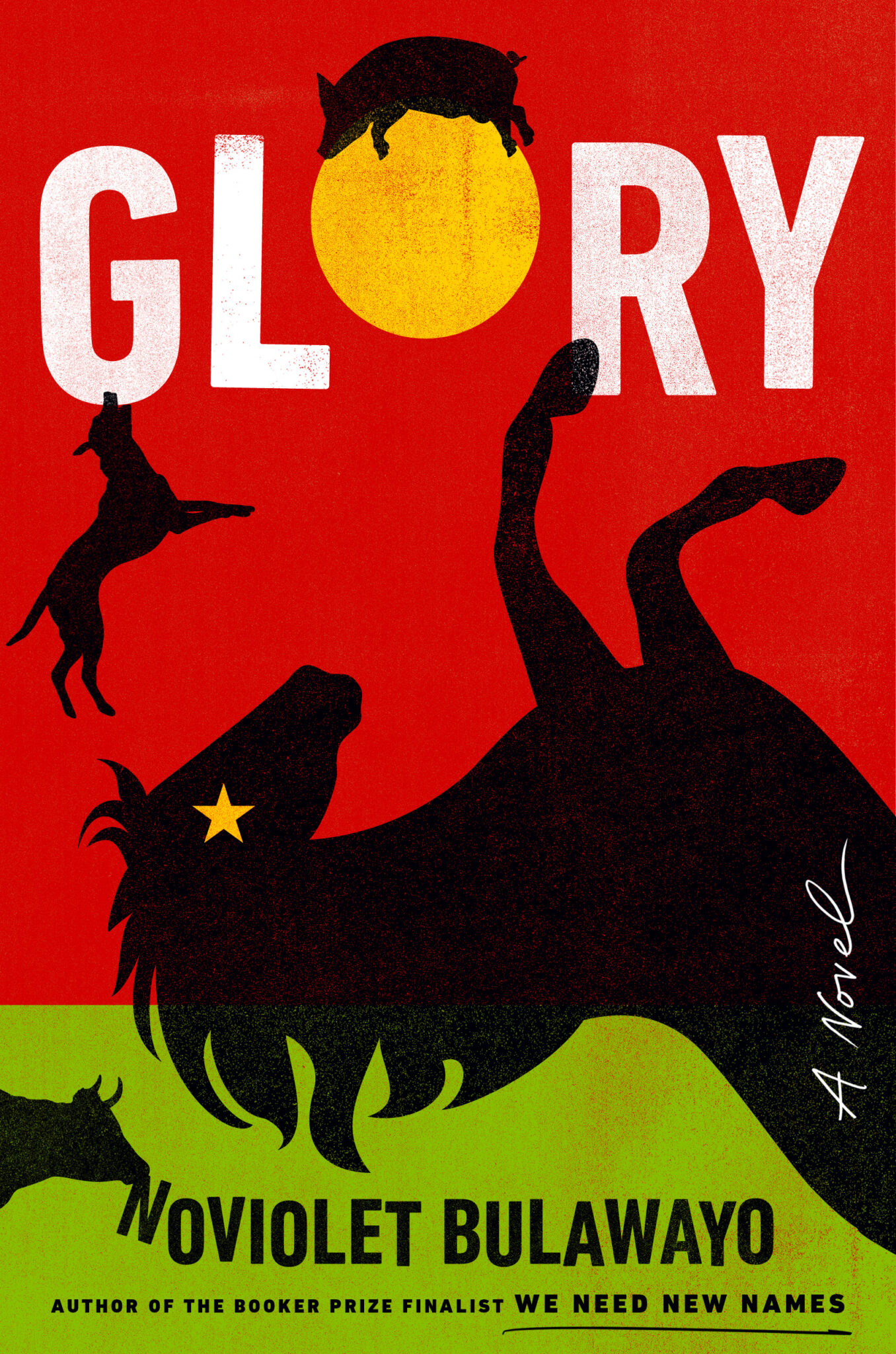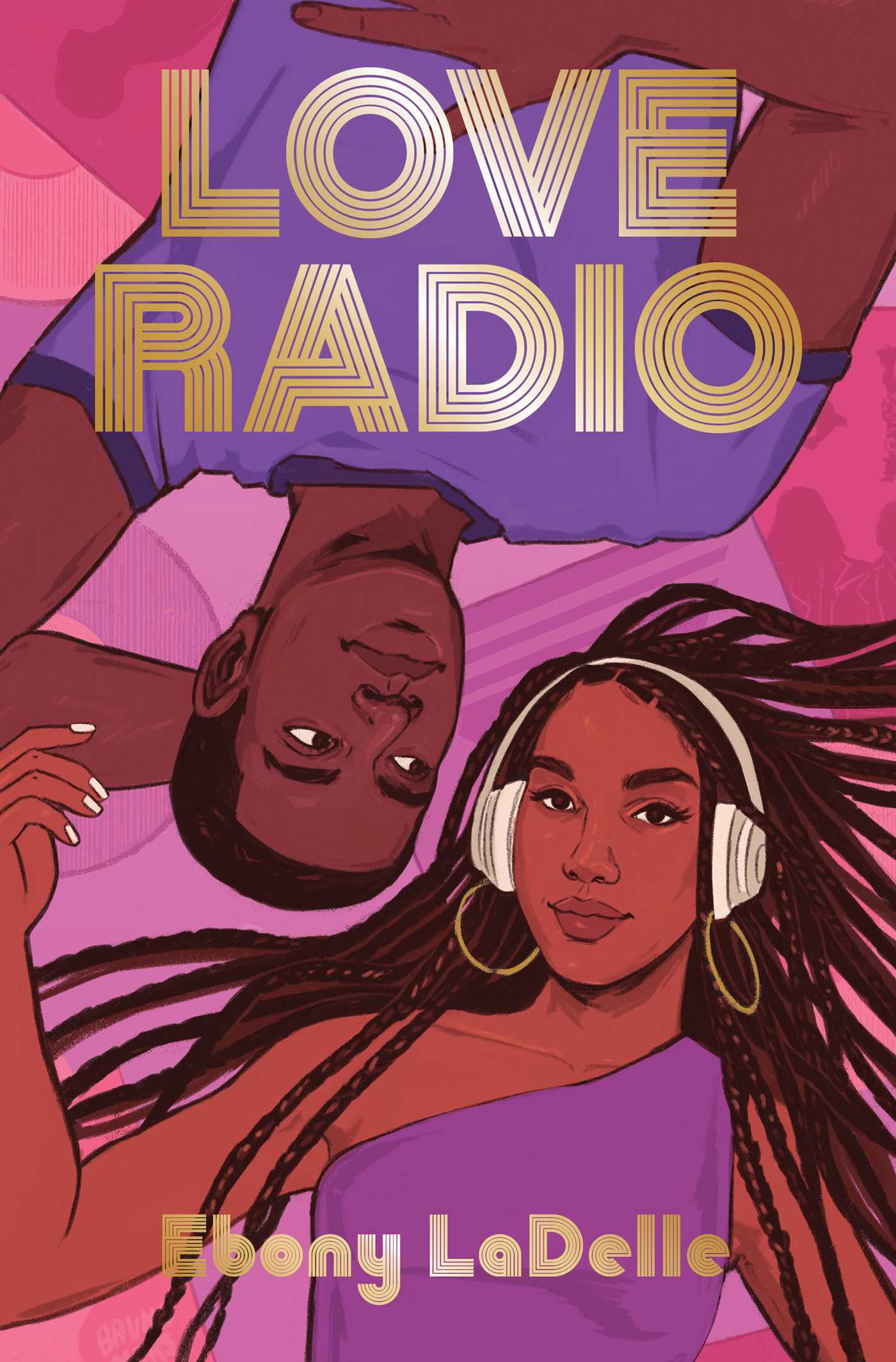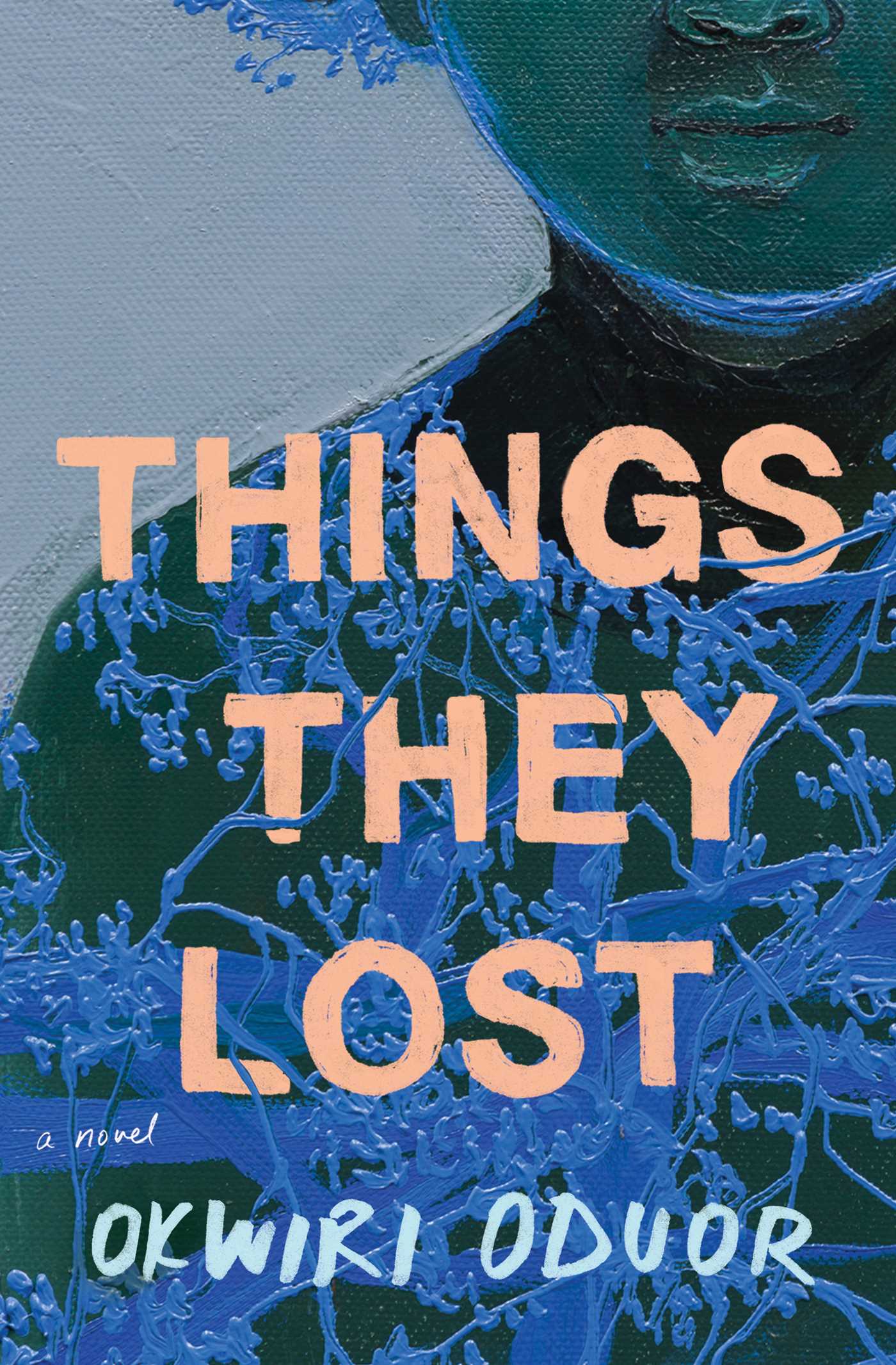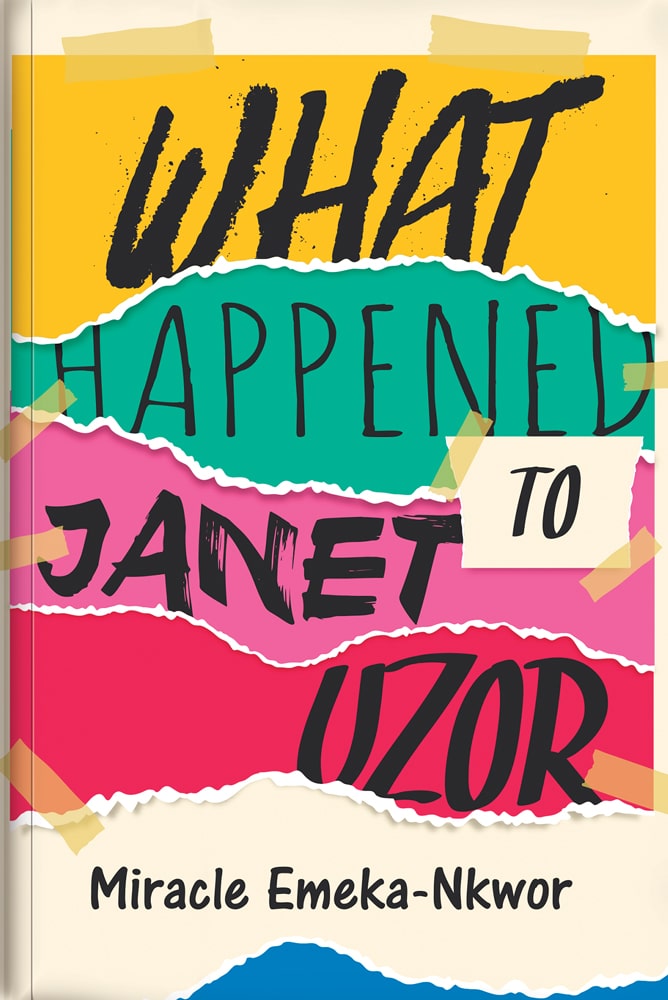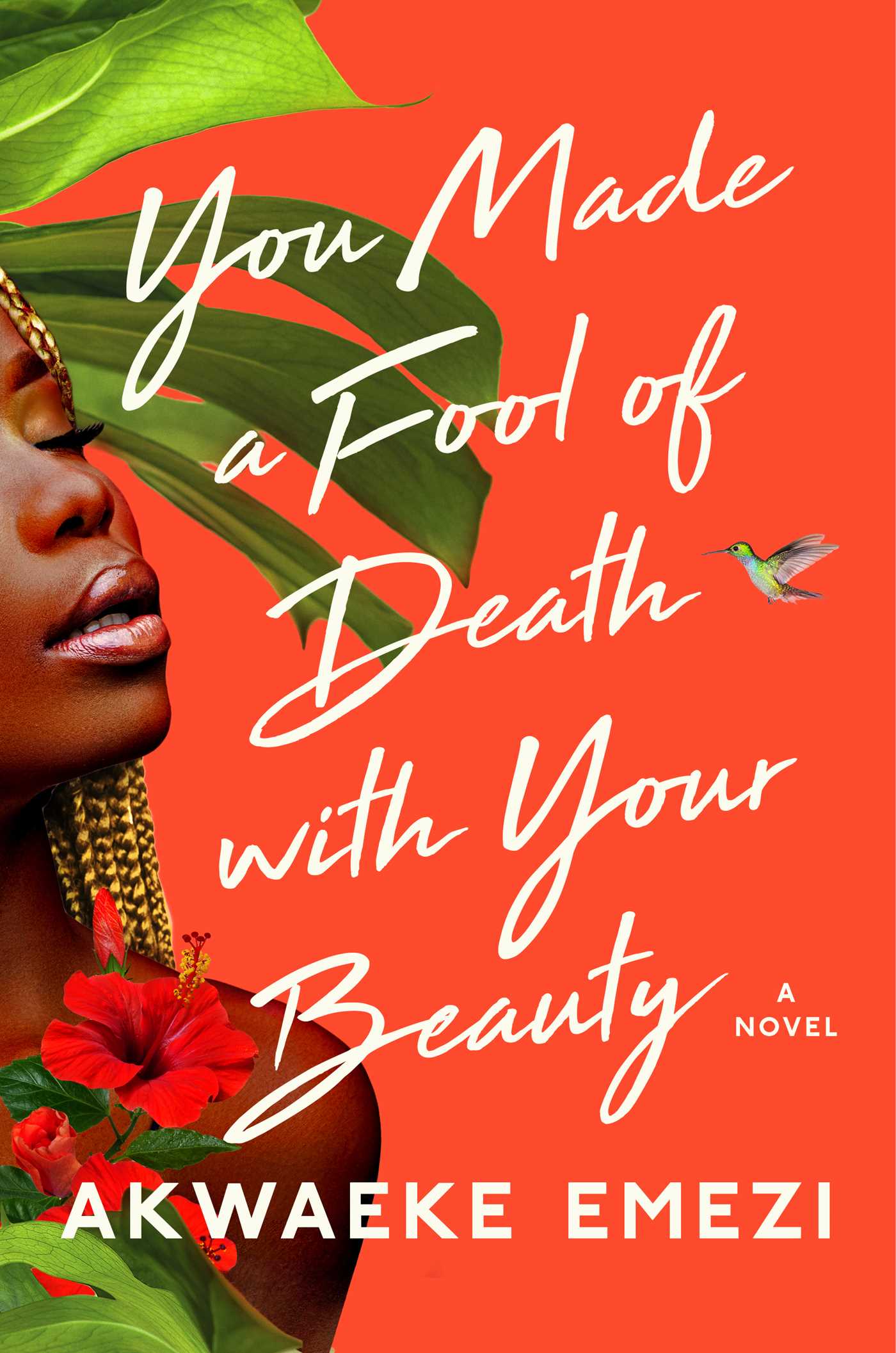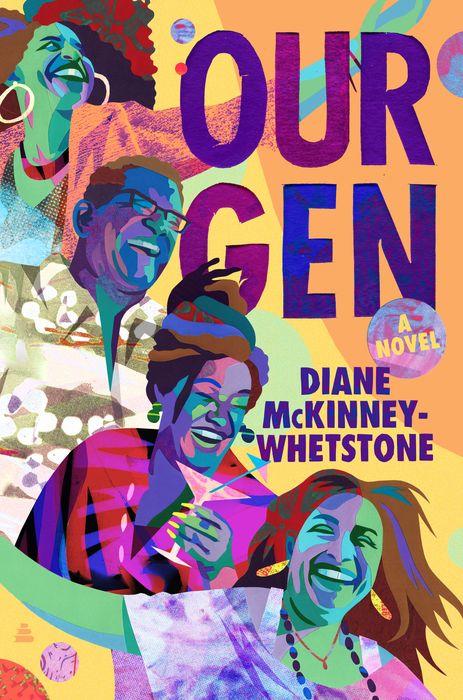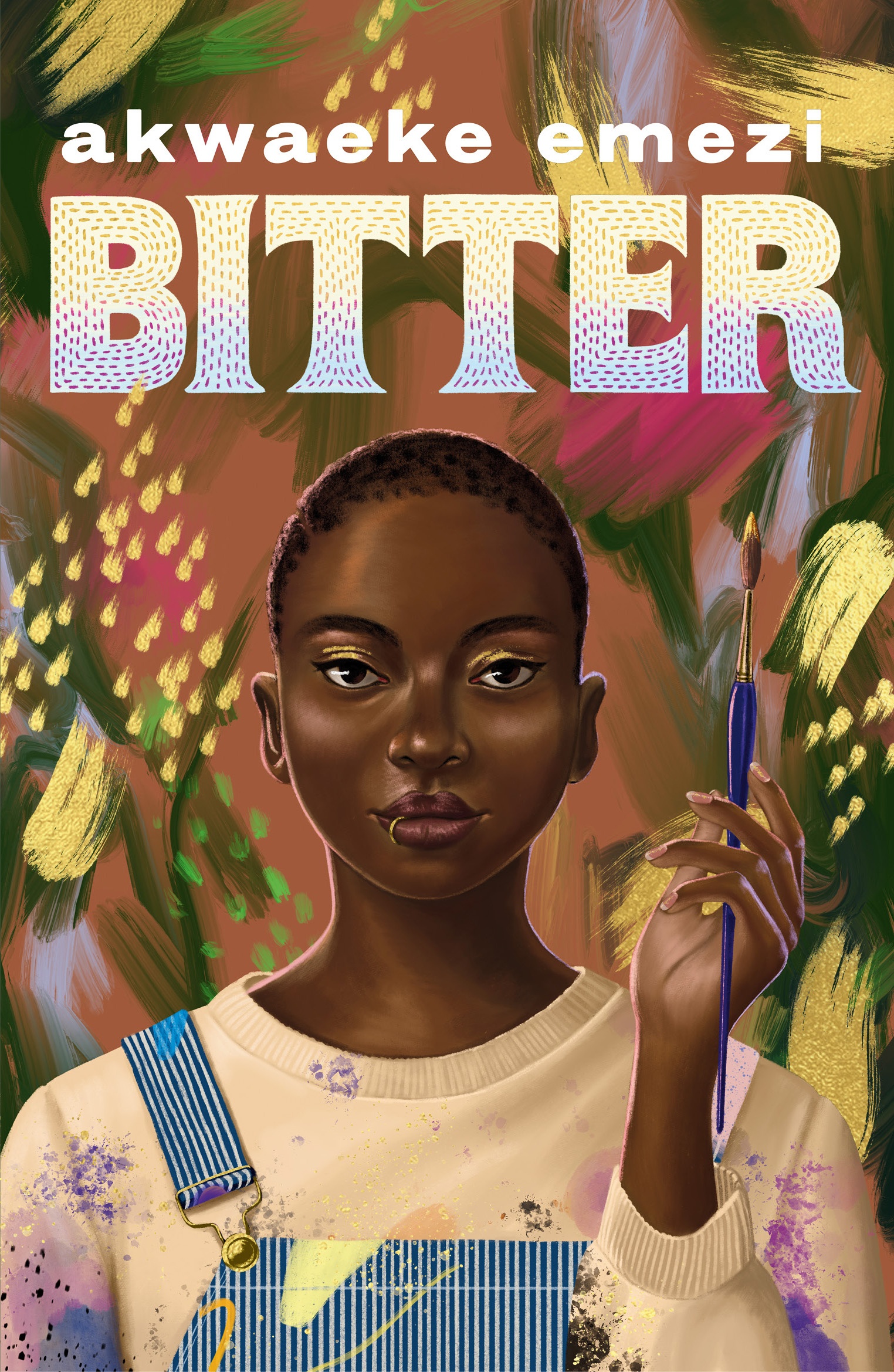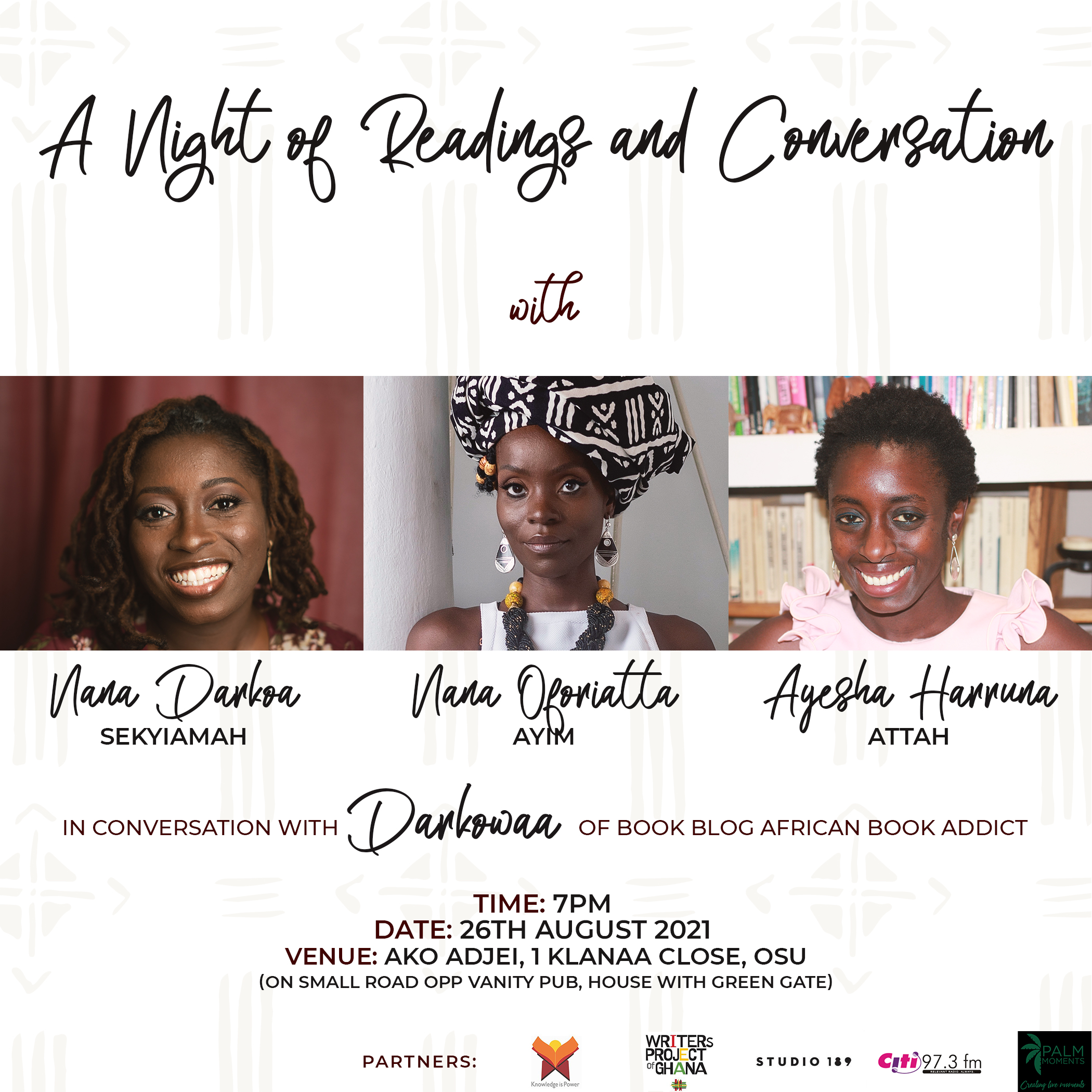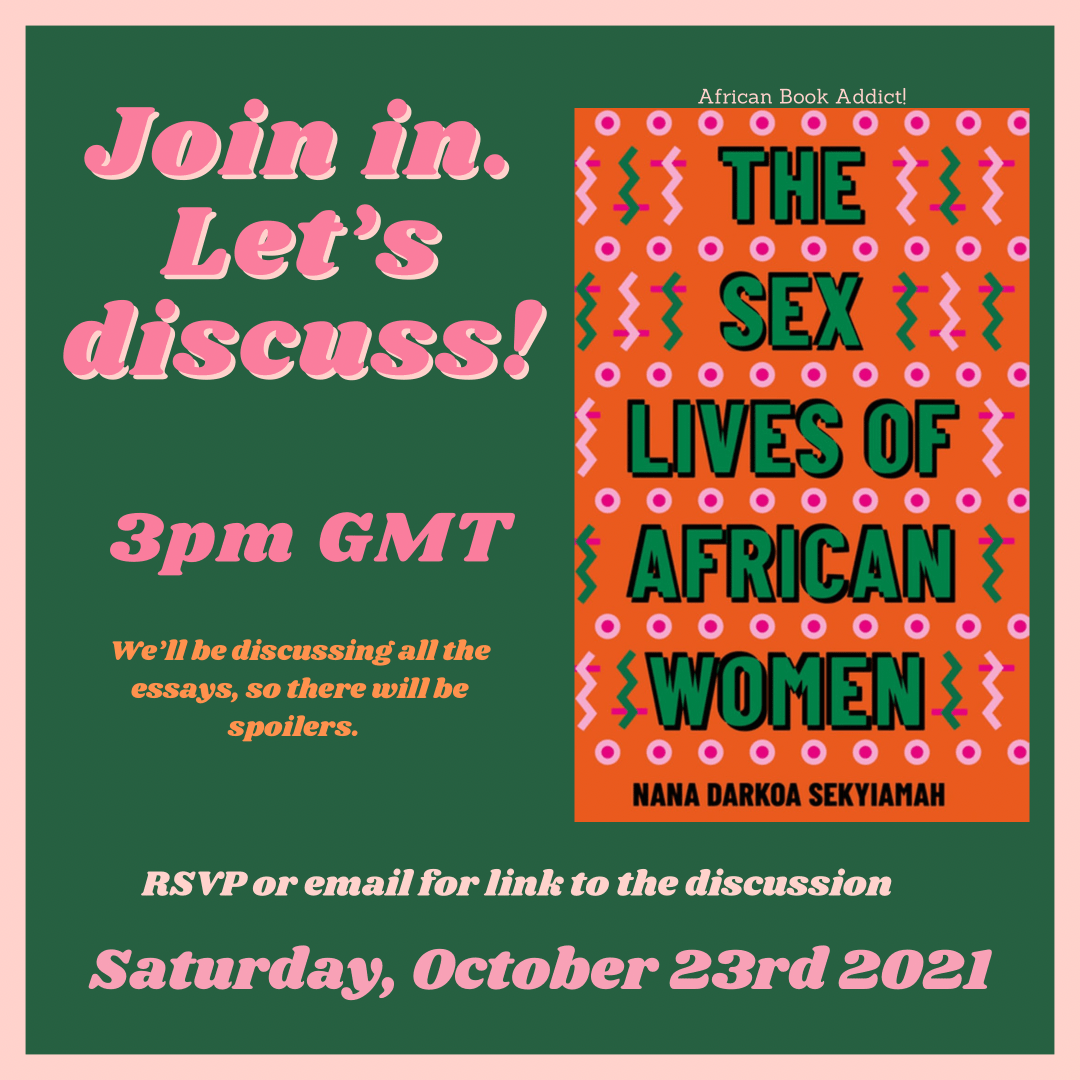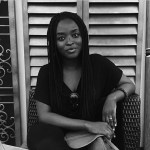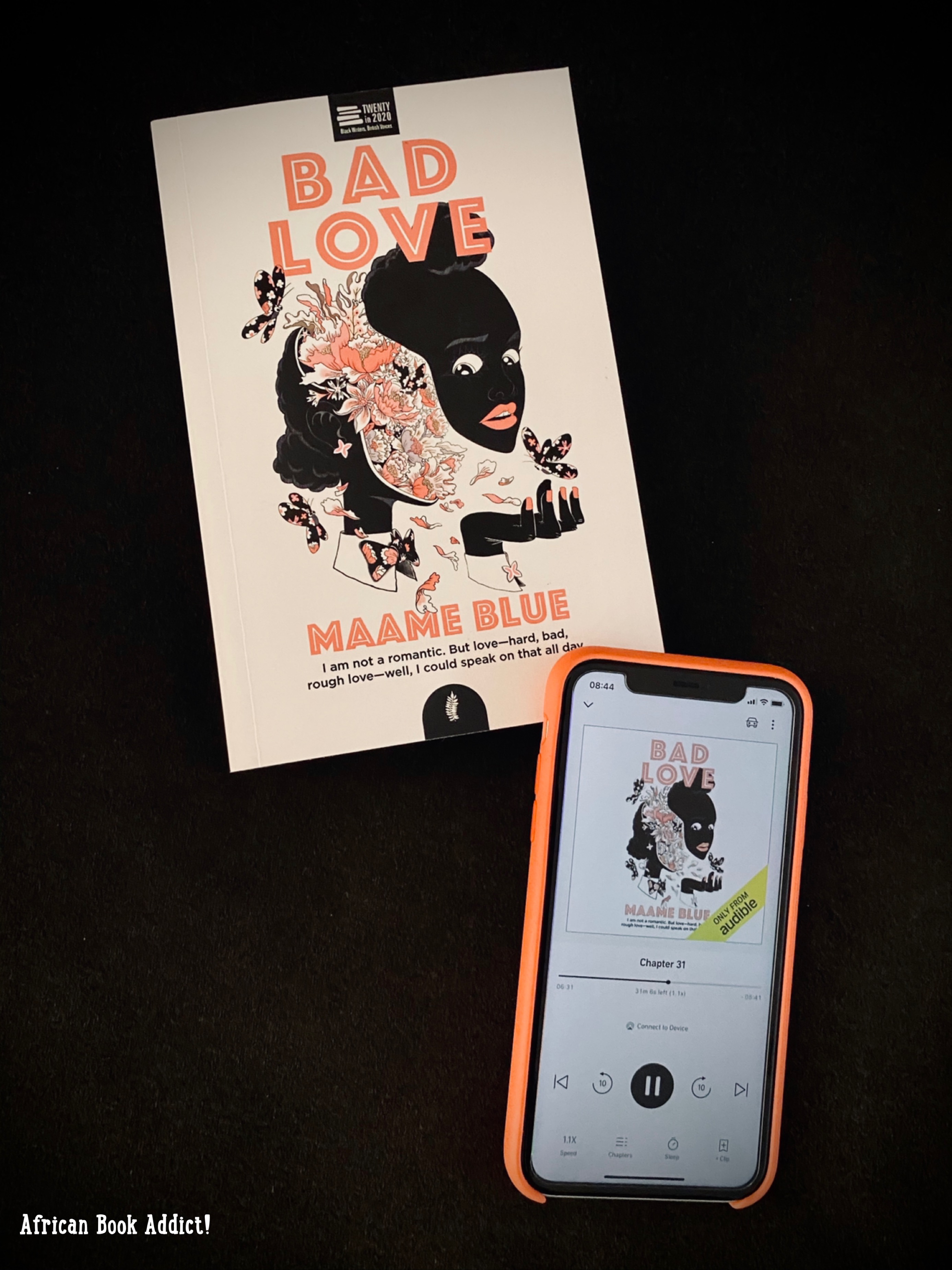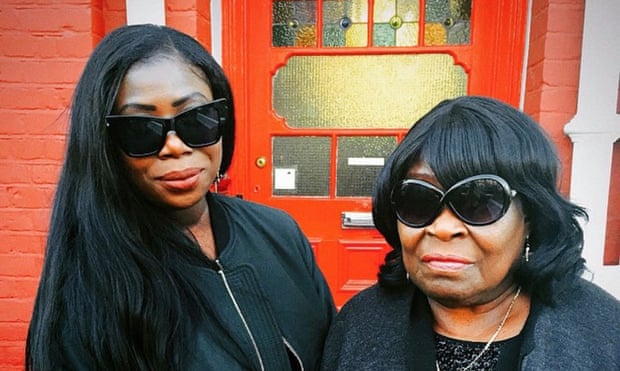In exactly 1 week, the 2022 AKO Caine Prize winner will be announced!
For those who are not familiar, the AKO Caine Prize (formerly as the Caine Prize for African Writing), which was first awarded in year 2000, is an award open to writers from anywhere in Africa for work published in English. It’s focus is on the short story, reflecting the contemporary development of the African story-telling tradition.
The AKO Caine Prize for African Writing is a registered charity whose aim is to bring African writing to a wider audience using the annual literary award (source).
Some notable winners of the Caine Prize include (click on links to my reviews):
- Leila Aboulela, from Sudan (2000) – author of novels Minaret, The Translator, Lyrics Alley, among others.
- Binyavanga Wainaina, from Kenya (2002) – founding editor of Kwani?, author of memoir One Day I Will Write About This Place and the essay How To Write About Africa found in various literary magazines. *sigh* Rest In Power, Binya!
- Yvonne A. Owuor, from Kenya (2003) – author of the novel, Dust.
- E.C Osondu, from Nigeria (2009) – author of the novel This House is not For Sale and collection Voice of America: stories.
- NoViolet Bulawayo, from Zimbabwe (2011) – author of the novel, We Need New Names.
- Tope Folarin, from Nigeria (2013) – author of novel, A Particular Kind of Black Man
- Lesley Nneka Arimah, from Nigeria (2019) – author of short story collection, What It Means When A Man Falls From The Sky
Previously shortlisted writers include: (2001) Mia Couto from Mozambique, (2002) Chimamanda Adichie from Nigeria, (2006) Laila Lalami from Morocco, (2013) Chinelo Okparanta from Nigeria, (2013) Pede Hollist from Sierra Leone, (2014) Tendai Huchu from Zimbabwe, (2013 & 2015) Elnathan John from Nigeria, (2021) Doreen Baingana from Uganda, among others!
The AKO Caine Prize and the shortlisted stories play huge roles in the authors I read from Africa and the Diaspora. Many AKO Caine Prize winners and shortlisted writers have found great success and I’ve reviewed a good number of these writers’ work here on African Book Addict!
This year, the AKO Caine Prize shortlist comprises of five talented writers with stories showcasing the “vibrancy, variety and splendor of creative talent among writers of African descent” – Okey Ndibe; (left to right):

(Image via caineprize.com)
Joshua Chizoma (Nigeria) – Read the story: Collector of Memories
Hannah Giorgis (Ethiopia) – Read the story: A Double-Edged Inheritance
Nana-Ama Danquah (Ghana) – Read the story: When a Man Loves a Woman
Idza Luhumyo (Kenya) – Read the story: Five Years Next Sunday
Billie McTernan (Ghana) – Read the story: The Labadi Sunshine Bar
Another year where women dominate the shortlist – I love to see it. And FINALLY, Ghana is well represented on the shortlist! I never thought I would see the day where Nigerians, Kenyans and South African stories did not dominate haha.
When A Man Loves A Women by Nana-Ama Danquah is a well-paced story that turns pretty dark by the end. I think this is expected, as the short story was originally published in the Accra Noir anthology (via Akashic). The story centers a loving Ghanaian couple from the US who later relocate to Cantonments, Accra. Kwame and Adwoa were high school sweethearts and are now well into their 50’s, dealing with various ailments that normally afflict the body in middle-age. Kwame is diagnosed with cancer and it seems the couple’s normal routine of coping with their marriage is disrupted. The story is quite simple… almost predictable, but not in a bad way. I’ve always found Danquah’s writing to be very accessible and digestible. If you remember my 2018 book review of her memoir – Willow Weep For Me, you’ll understand my love of her ability to aptly capture the realities of life.
A Double-Edged Inheritance by Hannah Giorgis was an enjoyable read for me! I’m pretty fond of Giorgis’s writing in The Atlantic, where she covers (pop)culture. I had no idea she wrote fiction as well, so it was a nice surprise to see her on this shortlist. A Double-Edged Inheritance was originally published in the Addis Ababa Noir anthology (via Akashic) so I expected some level of darkness in the story. The only issue I had with the story was that it had waaay too many characters and it was hard to track who was who sometimes. The story moves from Addis Ababa to the US and back to Addis, where readers are acquainted with a few heroines – Tigist, Almaz and Meskerem. Meskerem – who is the daughter of Tigist (now dead, thanks to the man she fell in love with) is an Ethiopian-American who is on a quest to find her roots in Addis. Her grandaunt – Almaz (who I think is the MVP of this story) is the glue that holds all the characters together, thanks to her wealth, social currency and resilience. The story turns dark when Meskerem is on holiday in Addis Ababa and she eventually meets her father, unintentionally. It’s hard to summarize this story, as it has so many characters and sub-plots. But I would love to see this story turn into a full-fleshed novel!
But ooooooooooh, my! Five Years Next Sunday by Idza Luhumyo will definitely win the AKO Caine Prize this year. What a beautifully magical story! I’m now a fan of the main character of Five Years Next Sunday and Idza, the writer! This mythical story follows a young girl, Pili, whose hair-which is in the form of luscious locs, is a god of the land. Her hair grows beautifully and attracts lots of attention to her poor family. Her family later becomes wealthy, thanks to her hair, as it attracts the likes of white people who fetishize it. But as her hair is growing and becoming a main attraction, the land is parched, as it hasn’t rained in five years. Cutting her hair would signal the clouds to finally let out rain; but cutting it would also banish her to “the quarter of witches, where all women who have the rain are sent”. Honey, white woman who is jealous of Pili’s attention, feigns connection with Pili, only for Pili to mistaken this connection for desire and later make the choice of cutting her locs.
My summary of this story does NOT do it justice. The beauty of the story is in the sublime, engaging, light writing! The story holds deeper meaning, depending on how intently it is read. On the surface, I loved how the nature of a Black woman’s hair was being revered. Hair was the source of life for a group of people – which is akin to water. On a deeper level, the story touches on themes such as – the environment, nature, womanhood, colonization, fetishization, desire, destiny and ancestral connections. Five Years Next Sunday was the winner of the Short Story Day Africa Prize in 2021. This story also deserves to win the 2022 AKO Caine Prize!
Which story is your favorite? Who do you think will win the AKO Caine Prize this year?
The winner will be announced on Monday 18th July 2022. Good luck to all the shortlisted candidates!
You can also check out my past commentary on the AKO Caine Prize below:
